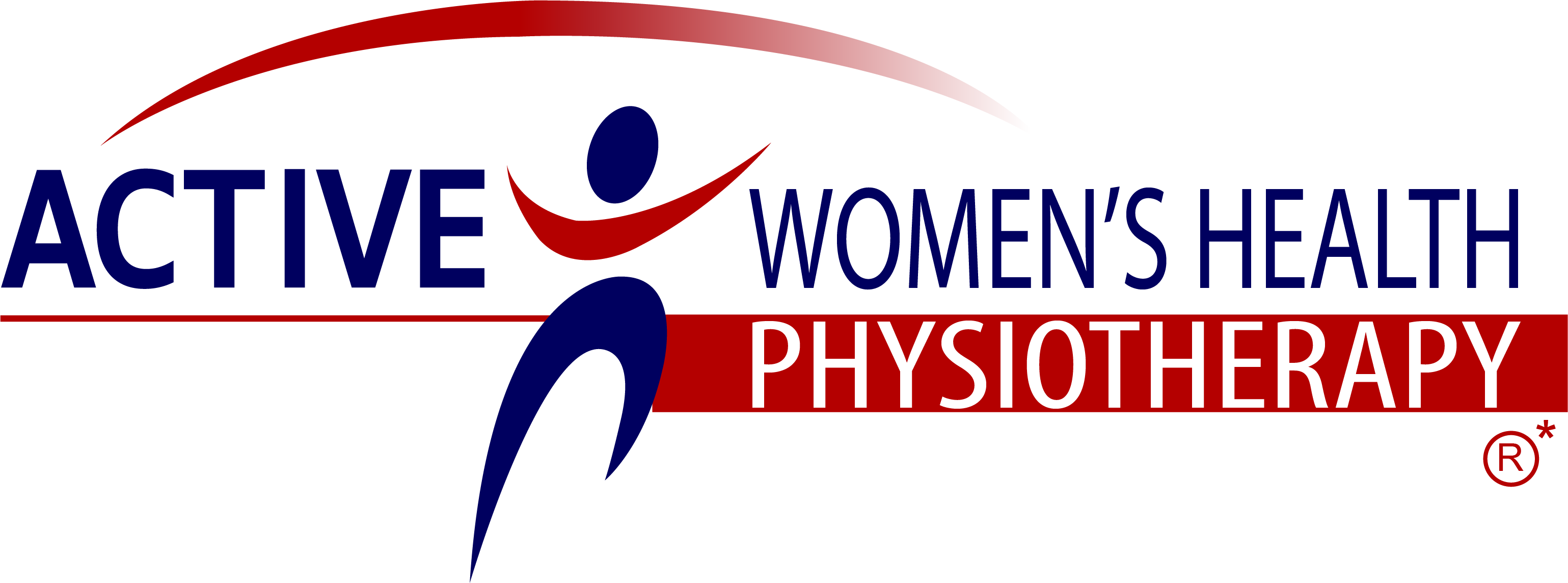Today’s blog is from a guest blogger Dr Lydia Pitcher. Lydia is a Haematologist/Oncologist with BloodCare and works at ICON Cancer Care, Noosa and SCHOC Buderim and we have had many discussions about the importance of basic blood care especially in Women’s Health and dementia assessment and management. Lydia continues to patiently answer all my questions. Here is Lydia’s blog.
A few weeks ago, I spoke to our local medical women’s group (QMWS) about my passion – The ABCD of Good Blood. Here is an extract from that talk:
Sometimes I think we look after our cars better than we do our own bodies.
In the morning, when you turn on your car’s ignition, your dashboard automatically lights up – fuel gauge, speedometer, temperature gauge, oil gauge. There’s a light that alerts you to the fact that you don’t have your seat belt on, if the air bag is faulty, or if your battery is low. And when you petrol gauge falls to just above empty, there is an annoying beeping that makes sure you pull into the next petrol station.
As women, we wake up, look at ourselves in the mirror and comb our hair. If we are lucky we will notice some tell-tale signs – tiredness if some of our haematinics are low, pallor because of anaemia, or other significant warning signs of hair loss, mouth ulceration or excessive bleeding. But checking our basic nutrition – iron, vitamin B12, vitamin C and vitamin D – I call these the “pillars of good blood” – is a simple and easy (fasting) blood test. Making sure you have adequate levels of these important vitamins, especially in women with the many additional stressors on their body including ovulation, menstruation, pregnancy and menopause can sometimes prevent years of struggling to cope whilst running on empty.
If you are well, and the tests are normal, this can be very reassuring. If you are about to have a significant strain on your body – pregnancy, surgery, physical exertion like a long trip, or a challenging situation like bereavement, work or relationship stress – I believe these tests are an essential part of healthcare. These essential nutrients should be robust, not just barely above the “normal” – preferably in the middle of the “reference range” – to make sure you are in the best physical and mental state to cope.
Likewise, I call our senior citizens “elite athletes” – still running in the marathon of life, but in doing so they often draw on reserves that have been stored in their youth. Tragically, a significant proportion of dementia is preventable – when due to depletion of the stores of vitamin B12 that is critical for neuro-cognitive functioning. Many of our elderly are tired, not because they are advanced in age, but because they are low in iron. They bruise easily not just because their skin is fragile, but they are so often vitamin C deficient. And how many of our elderly have had vitamin D deficiency and osteoporosis identified and treated before culminating in crippling spinal curvature or hip fracture?
Just like your car, that you service after 10,000km with a 50 point check list, we should be checking our bodies at middle age and in our elderly – for bone health, basic functioning of our vital organs, and the reserves of the essential “pillars of good blood”. We need to be doing the “wheel alignments” that will keep us happy and healthy into advanced age.
In the next few blogs I would like to talk more about what I call the “ABCD of good blood” – A for iron so important in preventing anaemia, B for vitamin B12, vitamin C and vitamin D. My thoughts are drawn from 20 years practice as a haematologist, with experience in children, adults and the elderly, in both my laboratory and clinical practice.
Disclaimer
Dr Lydia Pitcher is a Haematologist/Oncologist with BloodCare and works at ICON Cancer Care, Noosa and SCHOC Buderim. The views in this article are her own, and are not a replacement for individual advice from your doctor.
Thank you Lydia. So important for good self-care and so easy to clarify your blood’s status. I am looking forward to the next blogs. (Just making an appointment for a tune-up at the doctors – and to all my physio colleagues out there who are constantly caring for patients and not so much for themselves, take heed also).
